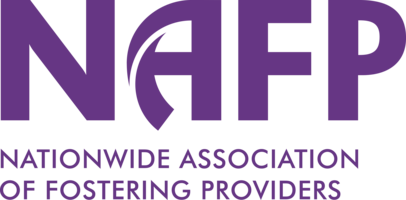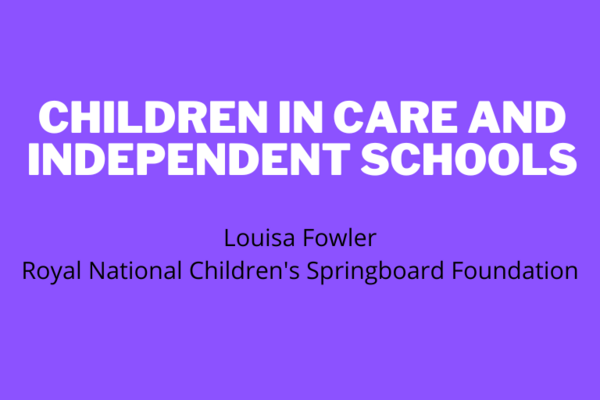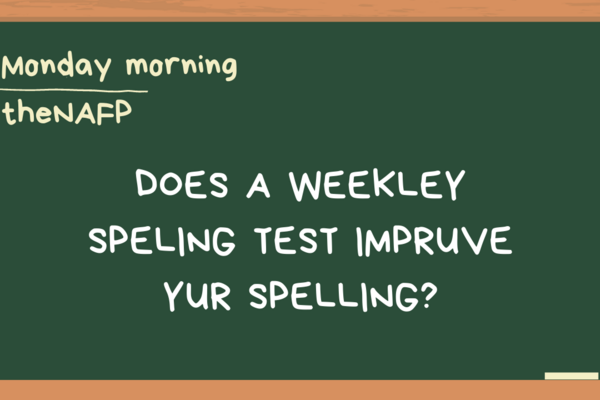
Hi, I am the Programme Manager for Care Experienced and Vulnerable Children (CEVC) at Royal National Children’s Springboard Foundation (RNCSF), a social mobility charity which believes all children should be able to access a great education, as this is the firmest foundation for a fulfilling future. I started my job in November, after a decade in teaching, where I saw that some CEVC can struggle to make their mark in a large and busy classroom. RNCSF, who I now work for, teams up with independent and boarding schools across the country to provide opportunities to children who are care-experienced, and for whom an independent school education might the right pathway.
One of the privileges of my jobs is visiting schools and meeting the dedicated teachers who are determined to support CEVC to fulfil their potential, whatever their aspiration may be. It also means that I get to see the schools’ outstanding facilities: extensive sports grounds permits a huge variety of sports on offer – from rugby to racquets, table tennis to baseball, hockey to squash, football to fives – on site and as part of the school day. Many SpringBoarders take up a new sport and play as part of a team throughout their school careers. Some of the schools in our network have their own theatre, so students can not only occupy centre stage or sing to their heart’s content, but also learn how to become a sound technician or a lighting manager. Many schools have after-school clubs and these may include chess, debate, cooking or knitting. Not only does this longer school day support stability in some foster placements, it also means that SpringBoarders have the opportunity to find something which interests them, and in doing so to develop new friendships and hobbies.
As an ex-teacher I am always interested in the academic progress many SpringBoarders make. The schools we work with have smaller class sizes and a higher staff-to-pupil ratio, leading to improved academic outcomes for our young people; independent research showed 5 months increased progress at KS4 and that RNCSF bursary-holders were four times more likely to achieve “good” GCSEs (five 9-5s including English and Maths).
However, the part of my job which I most enjoy is getting to meet the young people who are currently placed in schools. Each term we have meetings with students placed in schools across the country, and those conversations highlight how they feel they are able to discover new strengths and talents within themselves, whether that be winning a race or singing in the choir. When asked to describe their school in one word, the adjectives were ones I don’t normally hear teenagers using to describe their school: Amazing, Wonderful, Incredible, Awesome, Fantastic!
It should be noted that this opportunity is not necessarily right for all children, many of whom would be well served by following their friends to their local state secondary school. However, for those who enjoy school, can access a mainstream curriculum, who would relish the extracurricular opportunities and who would be happy to make new friends, it could be an excellent option.
Since 2020, we have supported over 150 young people into schools across the UK and we have seen excellent results, as they reach their potential academically, make friends and access new opportunities, whilst continuing to access specialist help and support from the wider teams around them. It is essential all enquiries and subsequent referrals come from the young people’s social workers, supporting a partnership approach to assessing whether this is the right pathway for the young person. If you think your foster child would benefit from this opportunity, please ask your social worker to contact us on [email protected].







